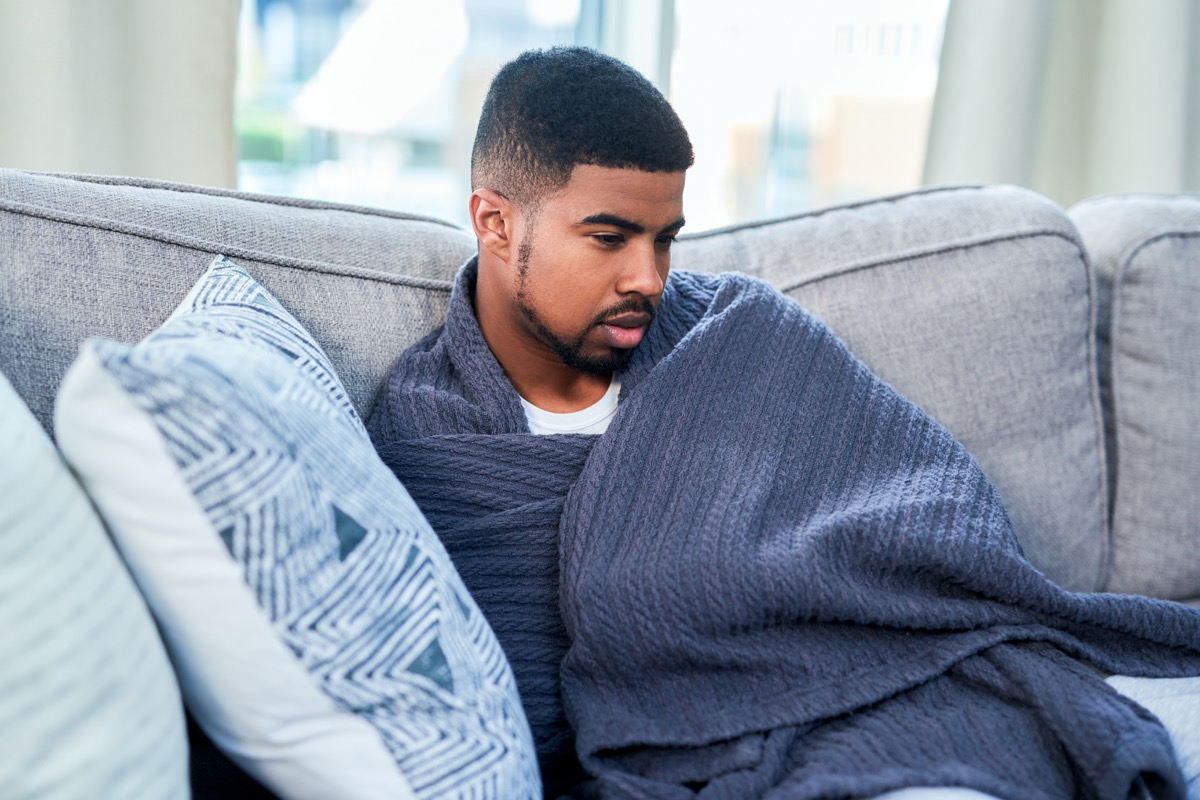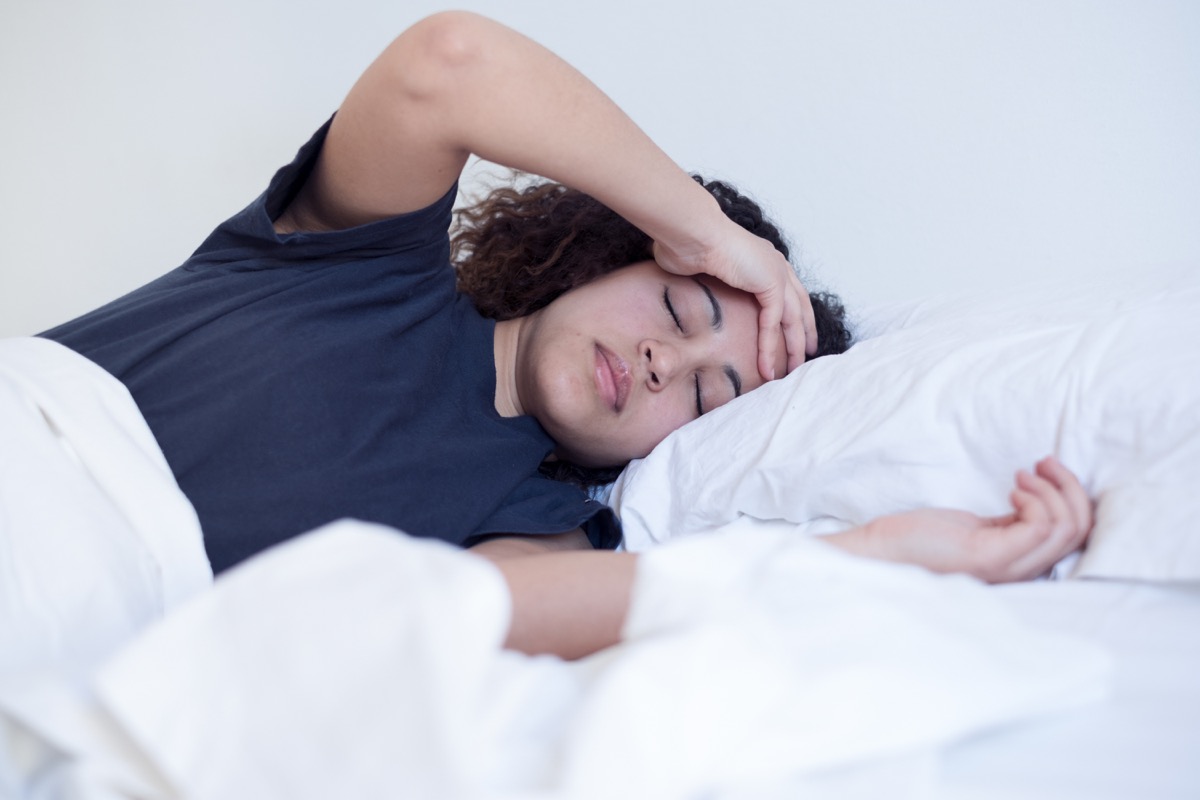Not everyone has the ability to take a day off of work, but if you have the opportunity to schedule a vacation or sick day after your vaccination, experts say it would be wise to do so, since it’s hard to predict how your body will react. “People should expect they may need 24 to 48 hours off of work,” Neeta Ogden, MD, an internal medicine specialist and immunologist, told CBS MoneyWatch. “It’s a good idea to listen to your body’s needs and rest if it’s calling for it, or work more slowly and take on less responsibility if you do need to be at work.“ae0fcc31ae342fd3a1346ebb1f342fcb According to the Centers for Disease Control and Prevention (CDC), “Side effects can affect your ability to do daily activities, but they should go away in a few days.” If you’re unable to take a day off, experts suggest trying to schedule your vaccine appointment on a weekend or before a day you’re already not working to allow yourself some time to recover. And for help recovering quickly, You Need This in Your Diet After Your COVID Vaccine, Doctor Warns. Taking a day off of work ahead of time is a precautionary measure in the event that you do experience side effects, but Odgen told CBS that “some people feeling nothing.” For those who do experience side effects, they could be significant enough to impede work tasks. According to the CDC, the most common vaccine side effects include pain and swelling at the injection site, fatigue, headache, muscle pain, chills, fever, and nausea. And for more on how the vaccine keeps you safe, This Is How Long the Moderna Vaccine Really Protects You, New Study Says. If you’re getting Pfizer or Moderna, vaccines that require two doses, research shows that the second dose tends to induce more significant side effects. According to an April 5 study that used data from the CDC’s record-keeping system, v-safe, 70 percent of people experienced injection site reactions after the first dose of Pfizer or Moderna. This number jumped up to 75 percent after the second dose. The study also found that 50 percent of Pfizer or Moderna recipients reported side effects throughout the rest of their body after the first dose, and 69 percent said the same after the second dose. However, if you’ve had already had COVID, studies show that you may have more significant side effects after the first dose, so plan accordingly. A Feb. 1 study shared by medRxiv found that those who had COVID created ample antibodies after the first dose because their body was already familiar with the virus. “Vaccine recipients with preexisting immunity experience systemic side effects with a significantly higher frequency than antibody naïve vaccines,” per the study. And for more COVID vaccine news delivered straight to your inbox, sign up for our daily newsletter. Although it’s not required by law, the CDC said employers should “offer flexible, non-punitive sick leave options (e.g., paid sick leave) for employees with signs and symptoms after vaccination.” Ogden told CBS that employers should be flexible with employees taking a day off of work following vaccination, so they’re not discouraged from getting the vaccine. “Many employers are providing paid leave for COVID-related reasons, including for vaccination, and some companies are even doing it to incentivize people to get the vaccine,” Amber Clayton, director of the Knowledge Center at the Society for Human Resource Management, told CBS. And for more essential vaccine guidance, This Common Medication Can Make Your Vaccine Less Effective, Study Says.



